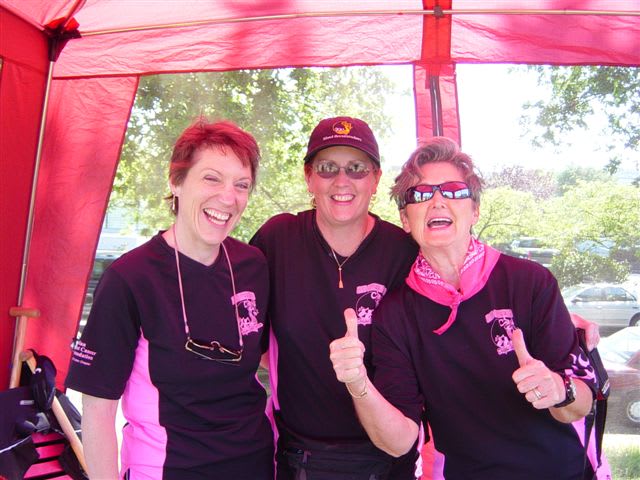Groundbreaking news & Introducing Dr. Connors
April 4, 2012
Before I introduce our next guest blogger, I must interrupt the schedule briefly here to share some exciting news with you.
I am pleased to bring news today of another groundbreaking discovery in breast cancer research at the BC Cancer Agency. This new discovery is adding to the strong momentum of hope and change in cancer research in British Columbia.
For the first time, the BC Cancer Agency’s breast cancer research team, led by Dr. Sam Aparicio, has decoded the genetic make-up of triple negative breast cancer—the most deadly form of breast cancers. Triple negative breast cancer currently accounts for 16 per cent of all breast cancer diagnoses and 25 per cent of breast cancer deaths. What is remarkable about this discovery is that we now understand triple negative breast cancer is not one uniform subtype of cancer, but that triple negative tumours vary drastically from patient to patient at the time of diagnosis.
This new knowledge means that treatment can be targeted to a patient to improve outcomes. Twenty per cent of cases studied revealed genetic mutations that already have potential clinical treatment options. Because the most effective treatment stems from targeting the genetic factors that cause cancer to grow, the results of this study, published in the prestigious journal Nature, will have a worldwide impact on the way breast cancer is studied and treated. This discovery has the potential to improve breast cancer outcomes for patients in British Columbia and beyond. You can read more about the discovery here.
Now back to our Partners in Discovery blog:
Thank you Dr. Marianne Sadar for your insightful blog posts in March; it’s great to hear about the inspirational work your team is doing for advanced prostate cancer research. April brings us Dr. Joseph Connors, the Clinical Director of BC Cancer Agency’s Centre for Lymphoid Cancer. Dr. Connors was one of our very first guest bloggers, and he is returning this month to share an update on the AnGELyC project, his work at the Center for Lymphoid Cancer, and to provide a look at what’s next in lymphoid cancer research and care.
Thank you for reading,
Douglas


